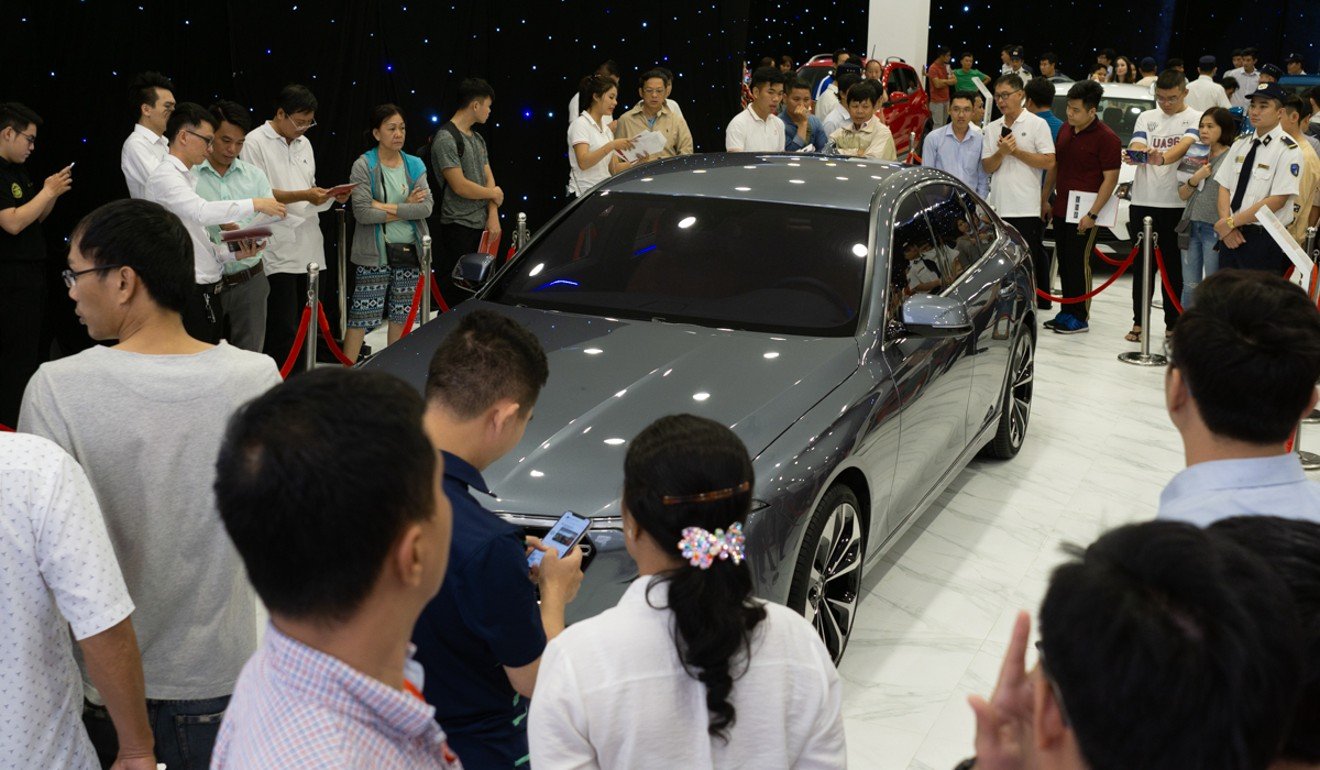
VinFast: will Vietnam’s new locally made car take off?
- The company has launched luxury models in an effort to win over local consumers and avoid the fate of Malaysia’s Proton
- But in a land where foreign brands are often seen as a symbol of success it has its work cut out in winning over the sceptics
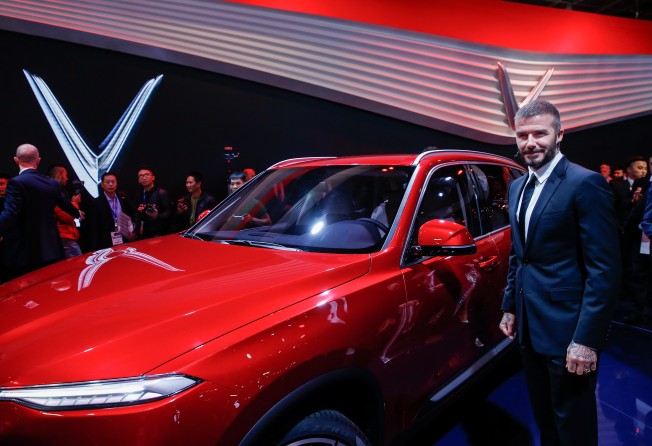
VinFast’s ambition to become the national car brand of Vietnam has gone up a gear with the first deliveries of its two luxury models to customers.
With the recent roll-out of the Lux A2.0, a sedan that retails for US$65,000, and the Lux SA2.0 SUV that starts at US$86,000, the automobile company owned by Vingroup, Vietnam’s largest private corporation, hopes to avoid the fate of other Southeast Asian car companies, such as Malaysia’s Proton, that have launched with much fanfare only to stall later on.

The two models, which have been designed by Pininfarina and based on technology purchased from the likes of BMW, are central to the company’s desire to be taken seriously as a brand – a desire reflected in their flashy international debut at the Paris Motor Show in October, an event that included an appearance by David Beckham.
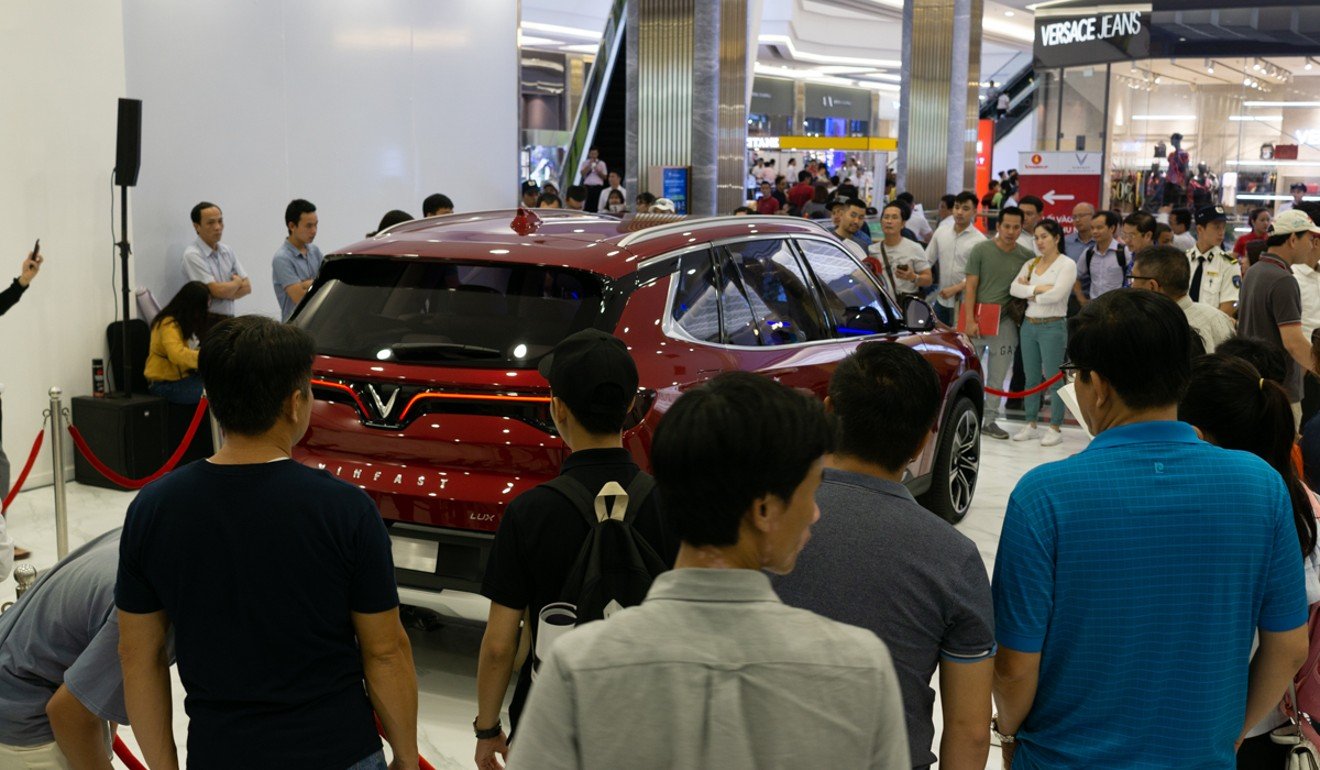
As Le Thi Thu Thuy, VinFast’s chairwoman, put it: “VinFast has the vision to become one of the top automobile manufacturers in the world, converging the quintessence of the automobile industry to create world-class products which deliver the value that Vietnamese people can be proud of and are affordable to Vietnamese customers.”
But realising its ambitions is likely to prove challenging. In a fast-growing economy where highly regarded foreign brands are often seen as a symbol of success, VinFast will need to convince Vietnamese consumers that their luxury cars are a viable alternative to competing models from BMW, Mercedes and Lexus. If current public sentiment is any indicator, that will be no easy task.
THE CONSUMER VIEW
Jonathan Nguyen, a furniture factory owner who lives in Ho Chi Minh City, drives a mid-range Japanese SUV. He said he had heard a lot about VinFast, mostly through local news media.
“So far, none of my friends have bought one of their cars,” he said.
In addition to the Lux A2.0 and LUX SA2.0, VinFast sells a compact hatchback, the Fadil, for about US$20,000.
Nguyen is sceptical of their products. “It will take me at least two years to consider buying anything from them as I don’t trust the quality,” he said. “It may be good or bad, but they are so new, they need to be stable first and then I would consider it.”
Asked if VinFast was seen as a peer to luxury European and Japanese car brands, Nguyen was unequivocal: “They want to be ranked as high as other luxury cars, but I think it will take them years to get there. I don’t think people will look at them like other brands since they all have history.”
Duc Tran, who works in advertising in Ho Chi Minh City, agreed.
“I wouldn’t buy one because I’m not familiar with the brand and I don’t trust their quality,” said Tran, who owns a Mercedes. He is indifferent to VinFast’s positioning of itself as a national brand for Vietnamese people.
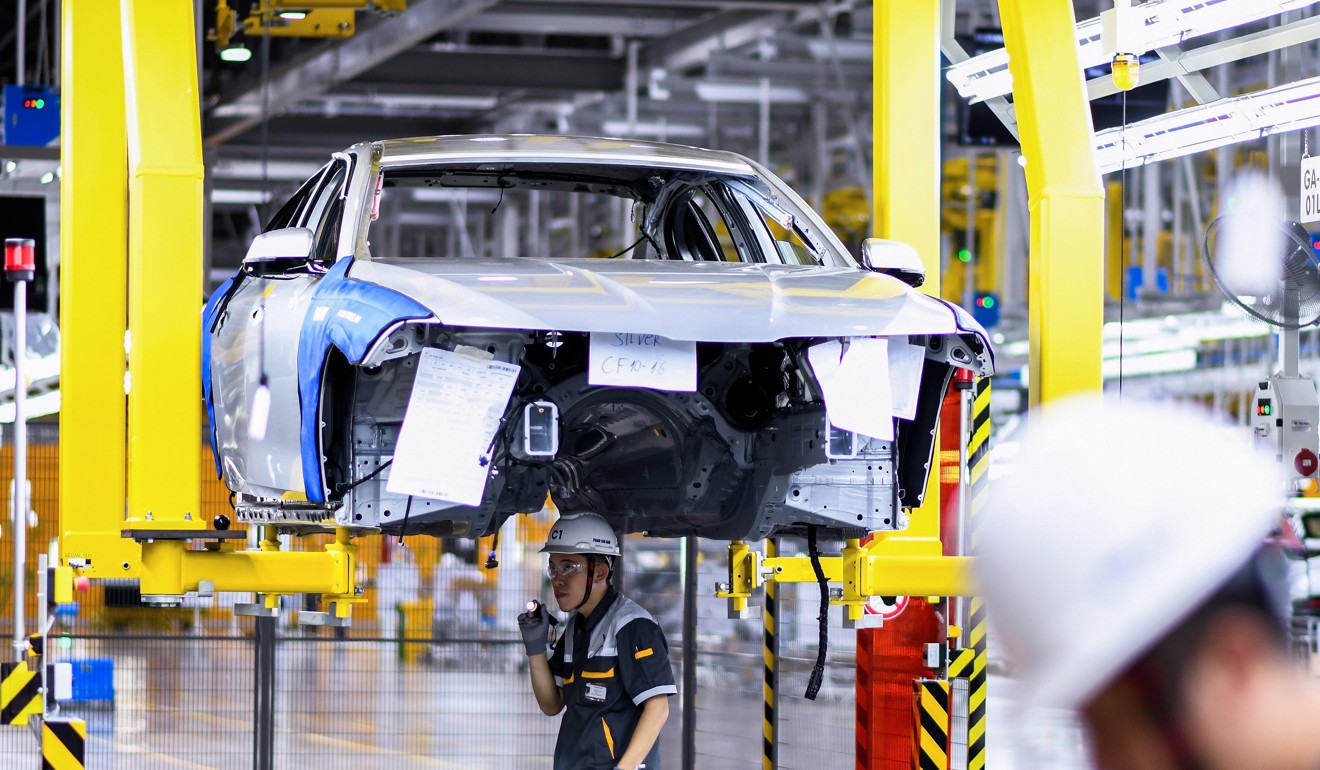
Members of the public can currently test drive the new models at Landmark 81, Vietnam’s tallest building, located in Ho Chi Minh City and owned by Vingroup.
On a recent visit to the skyscraper, around a dozen people were looking at the cars on display, though none agreed to be interviewed on the record. While there is a Facebook group called “VinFast Club” with 5,400 members, no one responded to a post asking if anyone had bought a VinFast car.
SALES ‘ROBUST’
Nevertheless, Thuy, the company’s chairwoman, said sales had been robust: “By the time of the grand opening of our automobile manufacturing plant on June 14, VinFast had received 10,000 purchase orders for our three car models.”
Delivery of the Fadil began on June 17, when 650 cars were handed over to customers.
These figures cannot be independently verified, and Thuy did not break the sales down by model, making it difficult to compare the luxury cars to their competitors.
According to local media, Vietnam Customs reported a 366 per cent increase in car imports in the first seven months of this year over the same period last year. Imports nosedived in early 2018 when the Vietnamese government introduced strict new import requirements, but brands have since recovered. However, the customs department does not break import data down by brand.
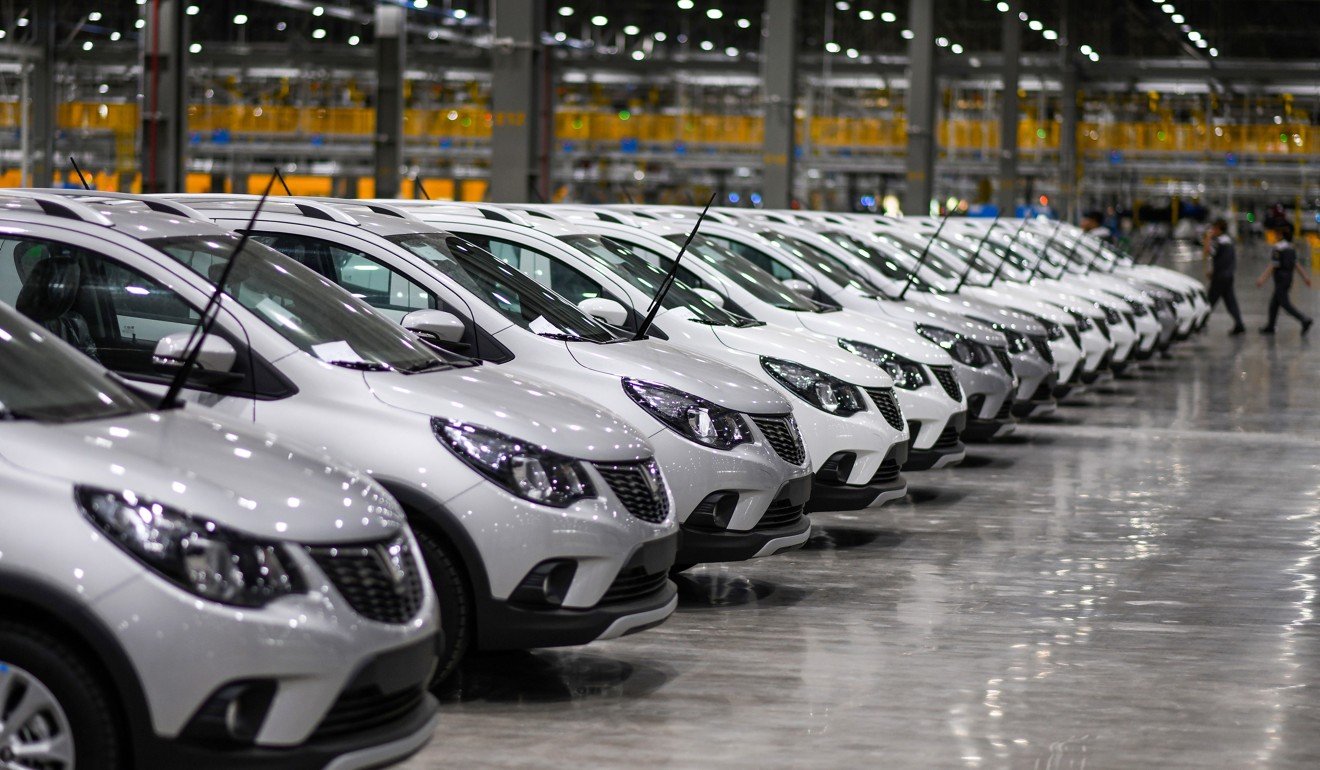
The Vietnam Automobile Manufacturers Association does track data by company, but only for cars built within the country.
According to their report from June, the most recent month for which statistics are available, 1,434 Mercedes-Benz models had been sold since the start of the year. The figure for Lexus was 871.
While people like Nguyen and Tran have their doubts about VinFast, Thuy is confident her company will win them over.
“Our strategy is to focus on the production of safe, reliable and high-quality vehicles whose designs are elegant, trendy and apt to consumers’ tastes while satisfying international standards,” she said.
“We are also fixated on implementation speed to bring our prestige to our customers, which simply means launching products without delay, as per our commitments.” ■